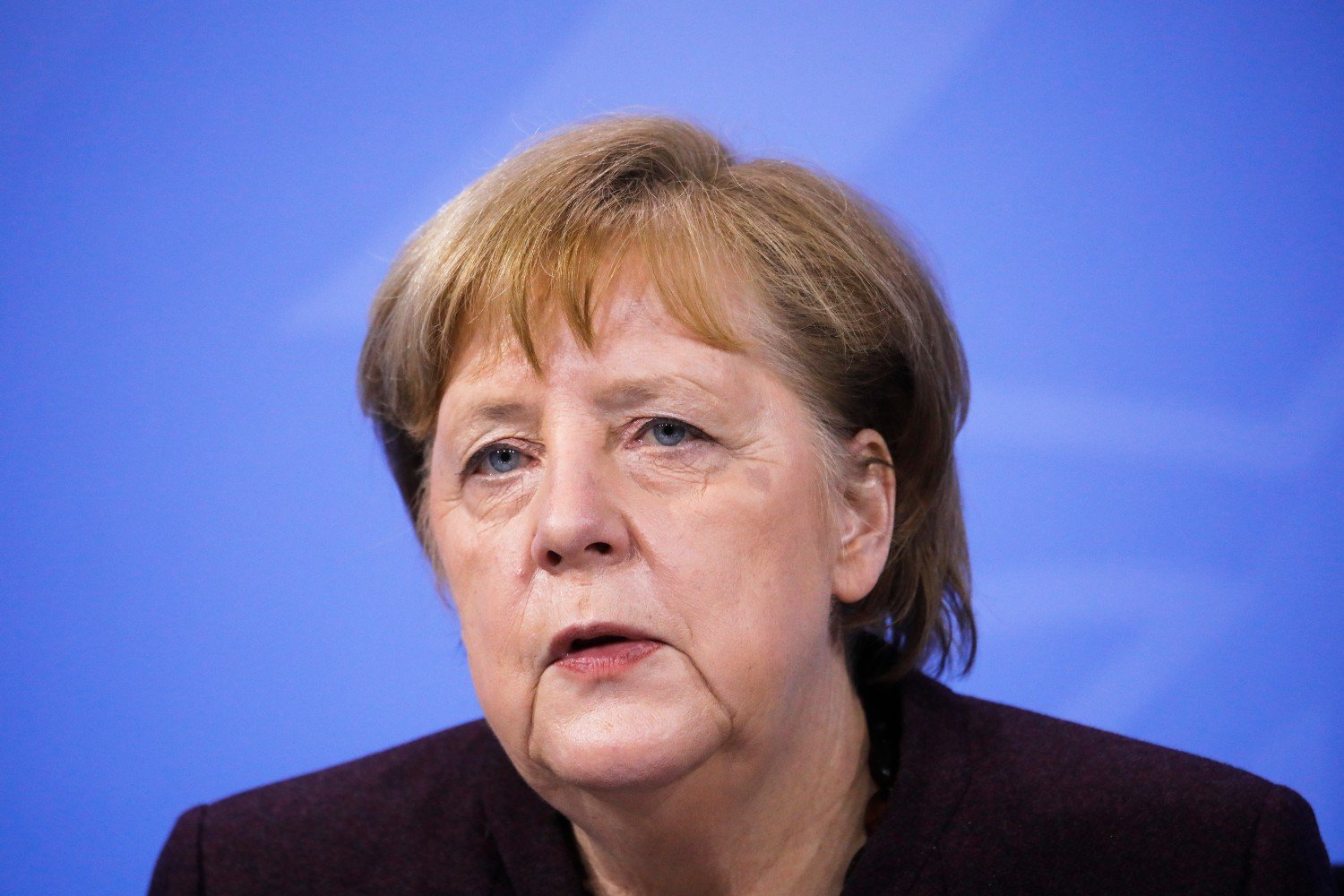Earlier on Wednesday the federal government had pushed for an extension of the current shutdown to March 14th.
But several state premiers called for it to end earlier on March 7th.
Merkel told reporters after the crunch talks with state leaders that Covid-19 infections in Germany were coming down after more than three months of tough restrictions.
“When we look at this development we can be quite satisfied,” she said.
But she called on people in Germany to be patient as fears grow over more contagious virus variants first detected in Britain and South Africa.
“We want to do everything in our power so that we don't end up riding an up-and-down wave of openings and closures,” Merkel said, calling the period until mid-March “existential” for Germany's management of the pandemic.
The new strains “are spreading especially quickly and require significant additional efforts”, the government said in conclusions agreed at the meeting.
READ ALSO: EXPLAINED: What will Germany's plan to extend lockdown measures involve?
Under Germany's federal system, regional states have significant decision-making powers and some have strayed from the government line in the past to loosen some restrictions.
The text stresses that schools and daycare centres should be “the first to gradually reopen”, but that it is for individual states to decide how and when that happens.
After the announcement, Berlin Mayor Michael Mueller said the capital would begin partially reopening schools from February 22nd, with other regions expected to follow suit.
The conclusions call on Health Minister Jens Spahn to review whether nursery workers and teachers can be given higher priority in vaccinations.
Hairdressers will, however, be able to reopen on March 1st, regardless of the lockdown extension, provided they adhere strictly to hygiene regulations.
It also raises the prospect of museums, galleries and some services restarting once the virus incidence rate falls to 35 new cases per 100,000 residents over a seven-day period.
Previously the government had aimed for an incidence of 50 new infections per 100,000 people in seven days for restrictions to be eased. But this goal appears to have been changed due to fears over the virus variants.
With an eye to an outbreak of the South African variant in the Austrian region of Tyrol bordering Germany's Bavaria state, Merkel said she had conveyed her “concern” to Austrian Chancellor Sebastian Kurz on Wednesday.
Covid-19 deaths still at high level
Germany closed restaurants, hotels, culture and leisure centres in November, before adding schools and non-essential shops to the list in December. The measures were later extended to February 14th.
Under the current contact rules which will stay in place, households are allowed to meet with one other person. The government has urged people to reduce contact to the minimum.
Since December, new Covid-19 cases have dropped considerably and the seven-day incidence rate has fallen below 75 for the first time since November.
The figure is currently at 68, down from 111 at the last such meeting on January 28th, Merkel said.
But Covid-19 deaths remain troublingly high, and hospitals say they are still close to capacity.
Germany on Wednesday added another 8,072 coronavirus cases, bringing the total to just under 2.3 million.
Almost 63,000 people have died in total, according to Germany's Robert Koch Institute for disease control.
Although a majority of Germans still back Merkel's science-based management of the crisis, fatigue is setting in after three long months of restrictions and amid a sluggish vaccine rollout.
A YouGov poll this week showed that just half of Germans wanted current measures to be maintained or tightened, down from 65 percent in early January.
Merkel said she and state leaders would meet again on March 3rd to fine-tune the policy on restrictions.



 Please whitelist us to continue reading.
Please whitelist us to continue reading.
Member comments